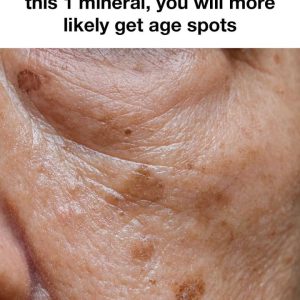
If you’ve been bitten by an assassin bug, quick action can help reduce discomfort and prevent complications.
Start by gently washing the bite area with soap and water to lower the risk of infection. Apply a cold compress wrapped in a cloth to ease pain and swelling—never place ice directly on the skin, as it may cause frostbite. Acting early can make a big difference in how your body reacts.

To manage symptoms, consider taking an over-the-counter antihistamine to relieve itching and reduce inflammation. If the bite is painful, medications like ibuprofen or acetaminophen may help. Keep an eye on the area for signs of infection, such as increased redness, pus, or swelling. If any of these appear, it’s best to consult a doctor.
Although uncommon, allergic reactions can happen. Watch for symptoms like difficulty breathing, dizziness, or swelling beyond the bite area—these may require immediate medical attention.
Assassin bugs can also carry Chagas disease, particularly in parts of Central and South America. If you develop flu-like symptoms such as fever, fatigue, or swelling around the eyes after a bite, contact a healthcare provider promptly. Early diagnosis is key.

To avoid future bites, wear long clothing and use insect repellent in high-risk areas. At home, seal cracks around windows, doors, and walls, and inspect your sleeping area regularly to catch pests early.
Staying alert and taking simple precautions can go a long way in protecting you from future bites.




